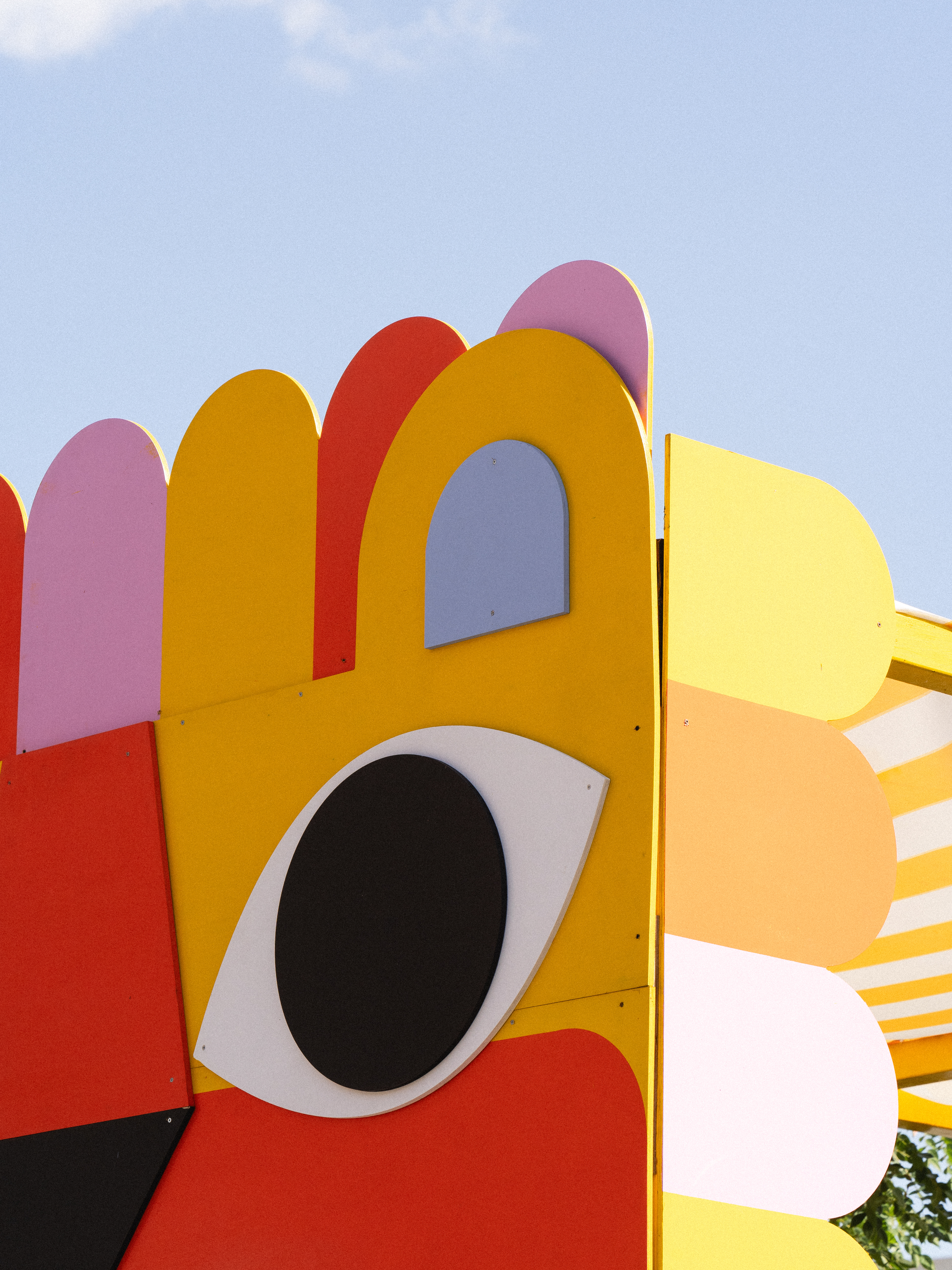Webinar - Handbook of Best Practices for Quality of Temporary Street Design Projects in Montréal (In French Only)
The webinar aims to present the Handbook of Best Practices for Quality of Temporary Street Design Projects in Montréal. How can it be useful to you and how to use it effectively?
For the past 10 years or so, Montréal has been experimenting with various approaches for the temporary activation of its public spaces. These seasonal “refits” function as open-air laboratories, where community spaces are reclaimed and people’s relationships to the city are revisited. Despite their temporary nature, these actions taken in the public domain not only help enrich neighbourhood life, but they can also be major drivers of positive social, economic and cultural impacts.
In the spring of 2020 and in the months that followed, the COVID-19 pandemic prompted cities to rethink planning and occupancy in public spaces, along with the neighbourhood roles of local retail businesses and services, encouraging creative and innovative solutions in response to health constraints. Many Montréal boroughs and municipal departments deployed temporary design strategies to address citizens’ needs: for example, pedestrianization of certain commercial thoroughfares, implementation of shared urban terrasses in public spaces, and other spatial planning projects leaving more room for pedestrians, strolling and enlivening of public spaces.
A project of Montréal’s Service du développement économique, this Handbook was written and is being distributed in conjunction with the City’s renewed 2025–2027 financial support for the pedestrianization of commercial thoroughfares. It is underpinned by observational data gathered over the past four years and feedback from a range of stakeholders.
It aims to inspire project leaders and their many partners in stating a shared vision of quality and identifying actions to be taken to realize that vision.
With this Handbook, the City hopes to amplify the role of temporary street design projects in the implementation of the Montréal Agenda 2030 for Quality and Exemplarity in Design and Architecture.
View the webinar recording here (French Only) :
This project was supported by the Ministère de la Culture et des Communications du Québec, under the Entente sur le développement culturel de Montréal between the City of Montréal and the Government of Québec.
The webinar is presented by the Bureau du design and Véronique Rioux Design industriel, mandated as primary provider in charge of the writing of the Handbook, in collaboration with Société Logique and Studio Overall.
The registration period is closed.

